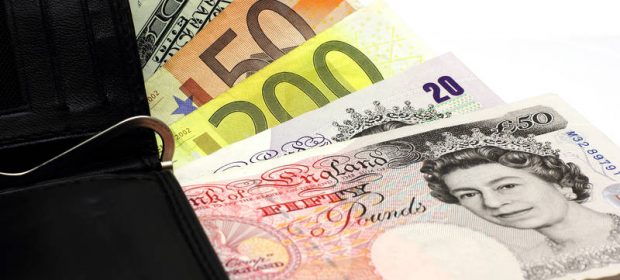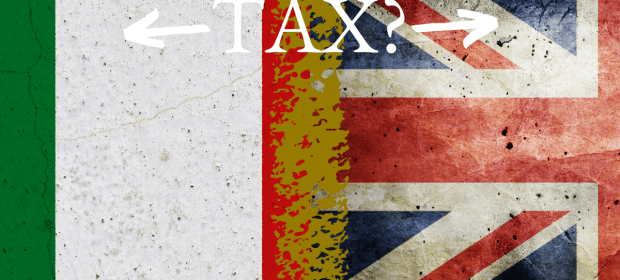It seems Catalonia and Spain are continuing their loggerheads and head jutting, but what most people are starting to consider are their OWN assets and issues being a resident here, particularly if you are not Catalan. I have received many emails this week from worried clients and contacts, about having their money here and what they can/shouldn’t do.
See below my 5 TOP FINANCE TIPS for the current predicament and indeed some of the areas we help people with.
Spain’s stock market has taken a severe hit this week, with two of the Catalan banks, Banco Sabadell and Caixabank down 6.3% and 6.7% respectively. Indeed today Banco Sabadell is holding an emergency meeting, Thursday the 5th October, to approve relocating their headquarters out of Catalonia.
Therefore, as an emergency communication to my clients and contacts I thought it would be useful to know what you should be thinking about and the main questions that have arisen this week:
1. Personal Money in banks
Any money in a bank, unless used to live on a day by day, is devaluing in real terms. If Spain reacts to Catalonia declaring independence, we have no idea what might happen. In the last crisis, banks made it difficult to move and even limited the money you could take from your bank account. If you have ‘excess funds’ in accounts in banks, you may want to consider other options so you still have full control of your money and no worries.
2. Business Bank Accounts
If your business account is with a Catalan bank, but you have a personal one that is not, you CAN move money into this. However, you have to be careful and follow these guidelines:
‘In order to avoid problems with the consideration of dividends it would be preferable to do a loan agreement between you and your company and to file a form through la Generalitat, in order to demonstrate the date of the loan and the content of the agreement. There is no stamp duty to be applied and it is not necessary to go to a Notary, but it is better to have this document done, just in case, if in the future somebody asks about this amount.
Source: Silvia Gabarro, GM Tax.
3. Currency
Anyone with sterling Money will have felt the pain of the currency weakening since the Brexit vote. Analysts have been saying for months that this is very undervalued, and built on worries about the UK leaving the EU. However, there are still fundamental issues within the EU, including the real major problems of the Italian banks, the fragile Spanish economy and a few members who are heavily in debt and unlikely to ever be able to repay this. Now we also have the Catalan Independence problems coming to a head within Spain, this could be compounded. Then in May next year we have the Italian elections which could be interesting to say the least.
Therefore, it could be argued before the Euro weakens any further, a good time to transfer money into sterling from Euros.
4. Existing/Investments
Many Catalan/Spanish banks whose client’s money is invested have more of an emphasis on their own funds or Spanish funds, than a non Spanish bank/investment would. We call this being more ‘Spanish Centric’. If the Spanish stocks are booming then this is fine, however if not the case this could be very dangerous to your investments, whether personal or corporate.
The larger the stock market, the closer correlation (it does the same as) to other large stock markets. Therefore, if your money is invested with a truly global bank/investment firm you will not put your money so much at risk to this.
5. Relocation
Believe or not, some businesses and people are relocating due to the current predicament, and some companies share prices have even gone up by 20% on revealing this news to the press!
You may or may not want to consider this, or be in a position to, but your personal and corporate finances do not need to worry if you have them set up correctly. Companies’ savings and your personal money can be with a ‘Portable bank/institution’ that acts like a balloon. Wherever you go, you pull your balloon along with you happily. Then, when you want to access some of the money, you let some ‘air’ (money) out and adhere to the local rules of where you are. No need to open up bank accounts in different countries, or go through the extensive administration. Just tell us you want your money and after some due diligence you shall receive it, wherever you are and knowing the process is legal and compliant.
















